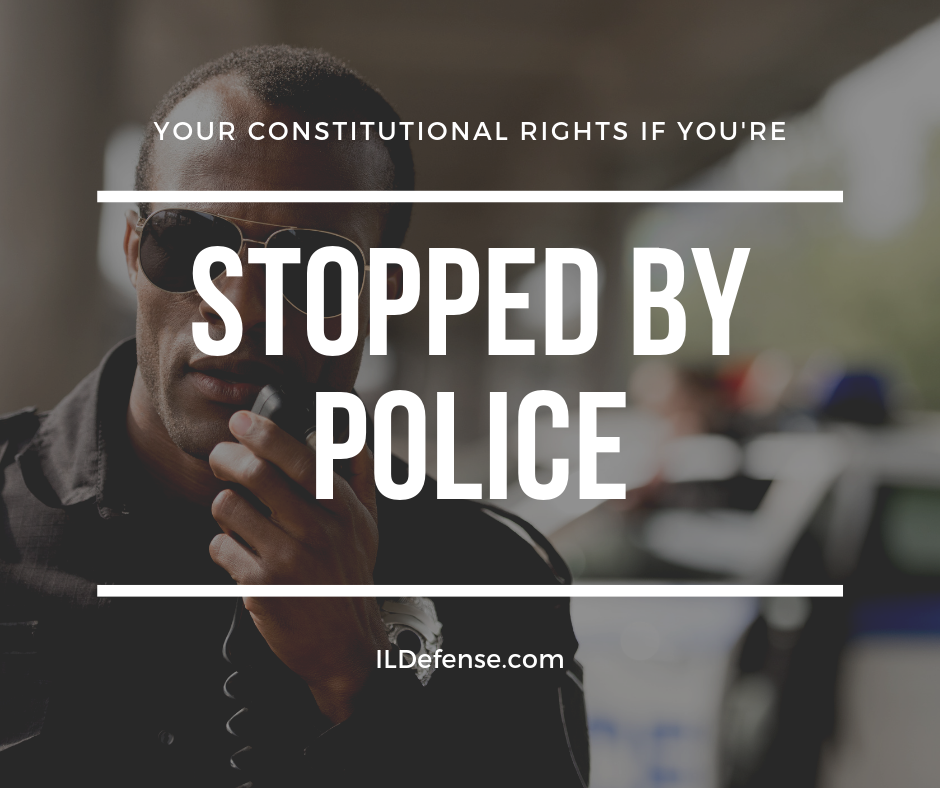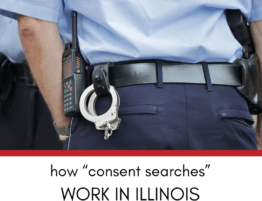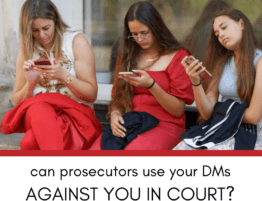
If you’re stopped by the police in public, you have rights that are guaranteed under the U.S. Constitution. Those rights are yours and nobody can take them away from you – whether you’re guilty or innocent of the crime police suspect you of committing.
Your Constitutional Rights if You’re Stopped by Police
Your constitutional rights if you’re stopped by police are as follows:
- You have the right to remain silent.
- You don’t have to consent to a search.
- You have the right to a government-appointed lawyer if you’re arrested and you can’t afford an attorney.
- You don’t have to answer questions about your citizenship.
Let’s take a closer look at each of these, and remember, you have these rights even if you are not a U.S. citizen.
Related: 5 things NOT to do if you’re arrested
#1. You have the right to remain silent.
You don’t have to answer any questions about where you’re going, what you’re doing or whether you had anything to do with a crime. However, if you want to exercise your right to remain silent, you should do so out loud. Let the police know that you want to use your right to remain silent, and then don’t say anything else.
There’s one catch, though. You do have to identify yourself if the police suspect that you’re in the process of committing a crime or they believe you did commit a crime, and you’re in a public place, and the police tell you that they’re police officers.
Remember: If you’re driving, you must carry a license. You must show it to police upon request.
You can tell the police who you are, tell them that you’d like to speak to your attorney, and then remain silent from there on out.
 #2. You don’t have to consent to a search.
#2. You don’t have to consent to a search.
Police can pat down your clothing if they think you have a weapon or something that will harm them, but you don’t have to consent to a search of yourself or your belongings.
You do need to know that even if you refuse to give the police permission to search you, they may still do it against your will. However, saying that you do not consent to a search may help you later, if you’re charged with a crime or involved in legal proceedings.
Related: 3 things you MUST do if you’re arrested
#3. You have the right to a government-appointed lawyer if you’re arrested and can’t afford an attorney.
Everyone in the United States has the right to legal counsel. If you can’t afford a lawyer’s fees, you need to let the judge in your case know. People who can’t afford an attorney are given access to a public defender, who is an attorney working for the state (but working on your behalf).
Related: Should you hire a lawyer if you’re not guilty?
#4. You don’t have to answer questions about your citizenship.
If police ask you questions about where you were born, whether you’re a citizen or how you got into the U.S., you don’t have to answer.
However, if you’re at an international airport or close to an international border, or if you’re here in the U.S. on a certain type of nonimmigrant visa, you may have to. If you have special circumstances (like being a visa holder), it’s a good idea to familiarize yourself with what you need to do.
Do You Need to Talk to a Lawyer About Your Constitutional Rights if You’re Stopped by Police?
If you need to talk to a lawyer about a violation of your constitutional rights, we can help you.
Call us right now at 847-920-4540 or fill out the form below to set up a free consultation with an experienced Chicago criminal defense attorney.
Contact Us
"*" indicates required fields









